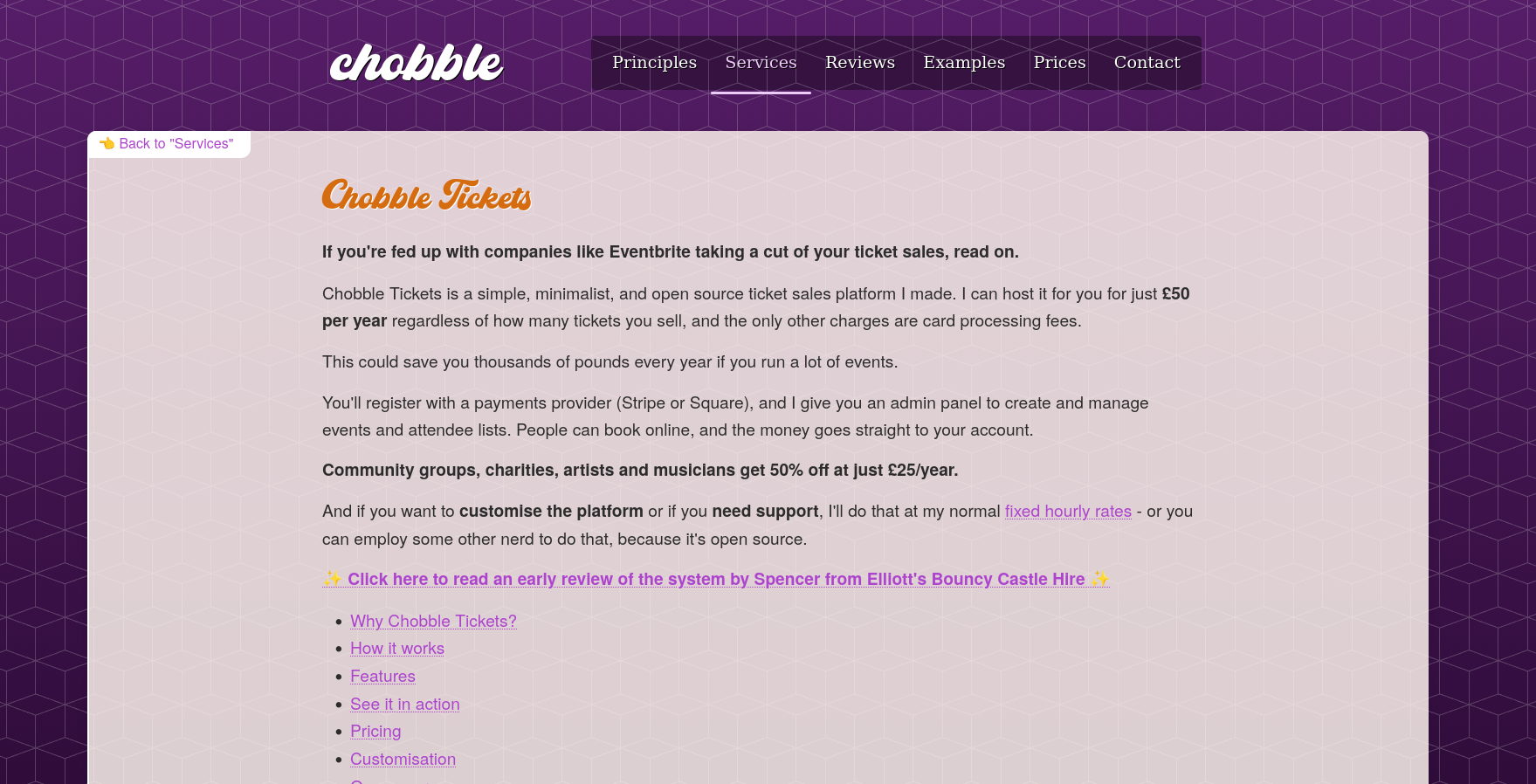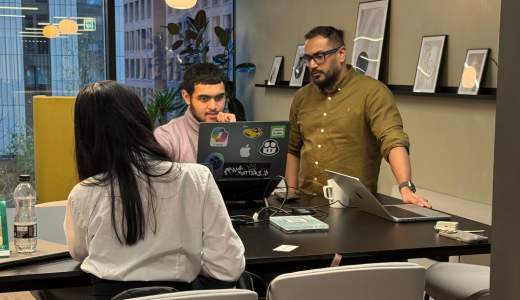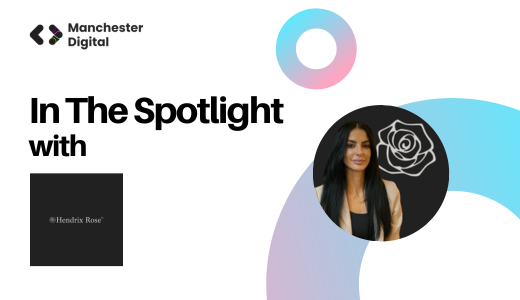
Are you constantly looking at your notifications? Is that red bubble above Instagram constantly on your mind? Did you know that in 2021 the number of smartphone users in the United Kingdom rose to 53.5 million, making it 78.9% of the population?
We increasingly miss out on valuable moments when our faces are buried in our screens, documenting every thought and action on social media. If you notice any of these mannerisms in yourself, then maybe consider taking part in the National Day of Unplugging which is a 24-hour period running from sunrise to sunset on Friday 4th March 2022.
It’s a chance to connect with friends, family and colleagues. Take this day to carve out precious time to unplug, relax, reflect, be active, visit the outdoors, and connect with loved ones.
The Right to Disconnect Law
A right to disconnect gives employees the right to disconnect from work outside of their normal working hours. That means once workers are off the clock they will not receive or be required to answer any work-related calls, emails or messages.
The UK is very much behind the rest of the world when it comes to a right to disconnect with several countries introducing rules to prevent employees from working outside their allotted hours.
Portugal has introduced a law that would make it unlawful for bosses to text or email their employees outside of working hours. Ireland introduced a code of practice in April 2021 that gave workers the right to disconnect. While employees don’t have a legal right to disconnect, they can take action against employers at the Labour Court or Workplace Relations Commission if they feel they have been penalised for refusing to attend work to work outside normal working hours.
French employers with more than 50 employers have been legally obliged to create a charter of good conduct since 2017. That involves working with union representatives to decide the hours when staff are not supposed to send or answer emails.
There is currently no specific right under EU law for a right to disconnect, although the EU’s working time directive, like its UK equivalent, sets working hour limits. However the EU directive also stipulates minimum daily and weekly rest periods.
Digital Detox
In a poll conducted by Common Sense Media, 50% of teens reported that they felt that they were addicted to their mobile devices. A whopping 78% of the teen respondents said that they check their digital devices hourly.
“Detoxing” from digital devices is often seen as a way to focus on real-life social interactions without distractions. A digital detox refers to a period of time when a person refrains from using tech devices such as smartphones, televisions, computers, tablets, and social media sites. Here are a few benefits of a digital detox:
Technology can be Stressful
While most can’t imagine their life without digital devices. Research has found that technology can actually increase levels of stress.
According to a survey carried out in 2019, 86% of respondents in the United Kingdom said that the inability to switch off out of work hours was having a negative effect on employee well-being.
Furthermore 70 percent of respondents also said that technology has a negative effect on employee well-being due to the stress caused when technology fails.
It’s the constant need to keep checking emails, texts and social media that is causing the majority of tech stress.
Digital devices can disrupt sleep
One study found that children who use digital devices at bedtime had significantly worse and less sleep. Researchers have also found that in-bed electronic social media use has adverse effects on sleep and mood.
70% of participants checked social media on their phones while in bed, with 15% spending an hour or more on social media while in bed.
The results found that using social media when you are in bed at night increases the likelihood of anxiety, insomnia, and shorter sleep duration.
It is vital that in order to be productive and engaged during the day, you have to first get a good night's sleep with no distractions.
Health benefits
One study conducted by researchers in Sweden found that heavy technology use among young adults was linked to sleeping problems, depressive symptoms, and increased stress levels. The study also found a connection between night-time tech use and increased body mass index.
In this ever changing world, health is a number one priority. If a few days of no screens here and there can have a positive impact on your physical and mental health, then it seems like a day of unplugging is worth it.
Signs you might need a digital detox
- You often find yourself staying up late or waking up early in order to go on your device
- You are afraid you might miss something if you’re not constantly checking your phone
- You feel compelled to check your phone for notifications every few minutes
- You feel anxious or stressed when you can’t find your phone
Committing to the National Day of Unplugging is a chance to relax, unwind and refresh. It’s a time to make plans with loved ones and create more human connections with the people around us. Start your day with a coffee and a conversation with a loved one. Read the newspaper. Meet a friend for breakfast. Turn off your notifications and recharge yourself instead of your phone.
At Space HR, we can help you check in on the engagement and wellbeing of your team through anonymous employee feedback. Check out how we can help at www.spacehr.co.uk.








